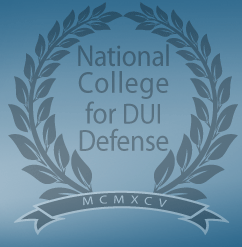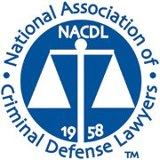April 17, 2013 by Nina Totenberg NPR
The Supreme Court ruled that police must generally obtain a warrant before subjecting a drunken-driving suspect to a blood test. The vote was 8-to-1, with Justice Clarence Thomas the lone dissenter.

Tyler McNeely was pulled over late at night after a state trooper observed him driving erratically. When McNeely refused to take a Breathalyzer test, the officer drove him to a local hospital and ordered blood drawn for an alcohol test. The officer did not seek a warrant, even though he had done so in previous cases. The state of Missouri contended that because alcohol naturally dissipates in the bloodstream, each passing moment means valuable evidence is being lost, and so a warrant is never required for a blood draw.
The Supreme Court disagreed, noting that in most circumstances there is adequate time to get a warrant. Justice Sonia Sotomayor, writing for the majority, said that in the modern world of technology, police can often obtain a warrant quickly by using their cellphones or by email, and that in most jurisdictions a magistrate is available at all hours to grant a warrant request.
If an emergency requires officers to dispense with the warrant requirement, Sotomayor said, that determination must be made on a “case-by-case” basis and later justified in court. In addition, she noted, because officers must typically take a suspect to a hospital for the blood draw, some delay and some dissipation of alcohol is “inevitable.”
Chief Justice John Roberts, joined by Justices Stephen Breyer and Samuel Alito, wrote separately, agreeing in part with the majority but taking a different approach. They said that the natural dissipation of alcohol in the blood does not necessarily justify forgoing a warrant, but said that law enforcement officials need clearer rules and guidelines for when they are out in the field. They would have given the law enforcement officer greater discretion.
In dissent, Justice Thomas agreed with Missouri that the natural dissipation of blood alcohol constitutes an emergency that exempts law enforcement officers from the general requirement of a warrant.






